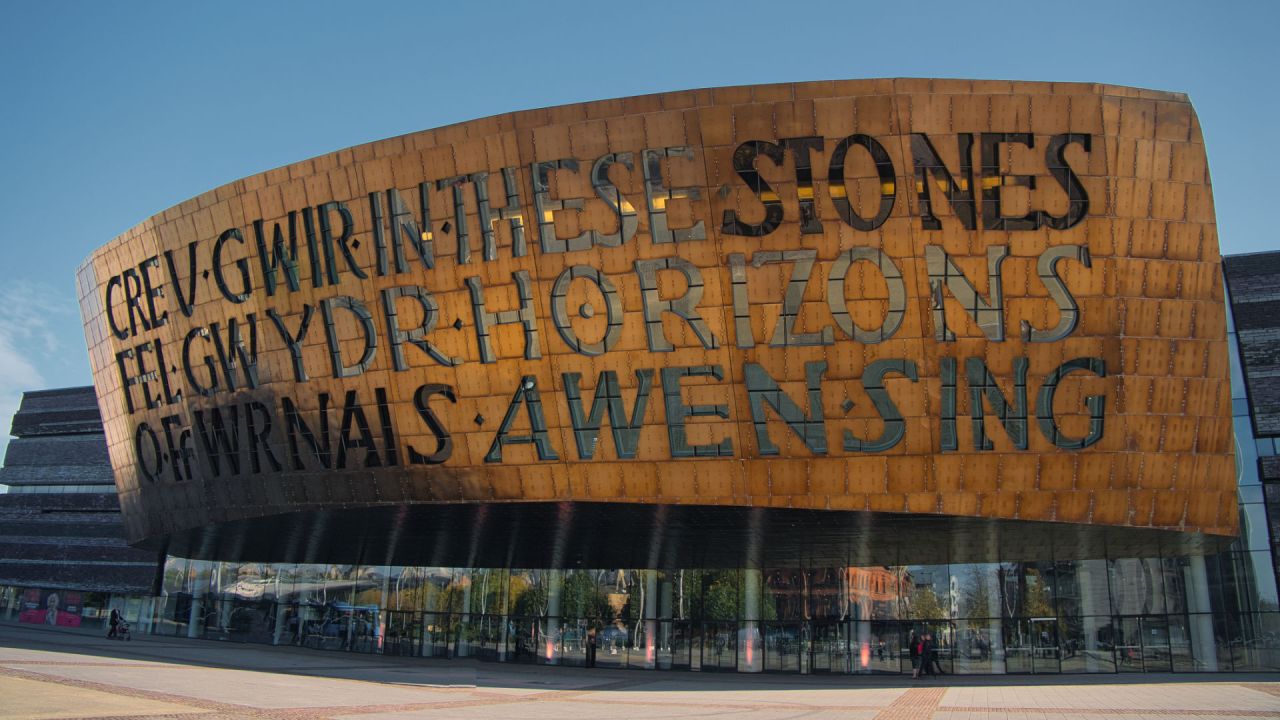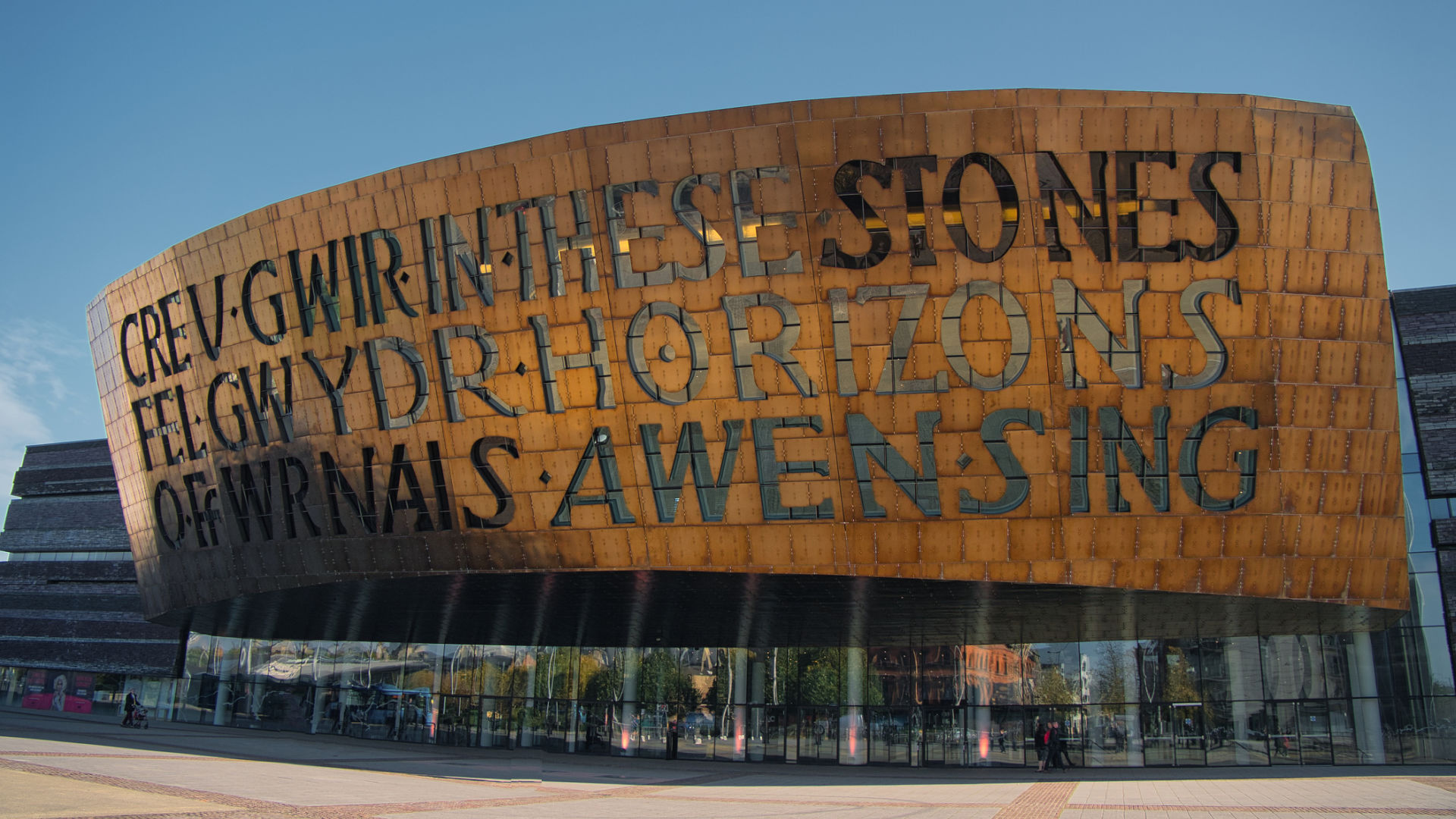National Theatre Wales (NTW), the country’s flagship English language company, has warned that it might be forced to close in six months’ time following a cut to its funding. The company has received financial support from the Arts Council of Wales (ACW) for the entirety of its existence but will no longer do so from next spring.
NTW said it was ‘deeply shocked’ and plans to appeal against the cuts. Changing the minds of the arts bureaucrats who control the purse strings could prove a tall order, not least because artistic merit appears to count for little in a world dominated by fashionable but ultimately ill-defined targets such as ‘participation’ and ‘diversity’.
If it goes, what will replace it? No one really knows.
Simply put, the decision to cut funding to NTW, which employs more than 600 people, makes little rational sense. Wales will lose ‘one of its largest employers of theatre-makers’, according to Lorne Campbell, NTW’s artistic director. He is also right to point out that the cuts jeopardise a growing pipeline of talent – actors, writers and directors – who often go on to occupy important roles elsewhere in the arts sector. According to those who run NTW, through its work the company has helped generate more than £11 million worth of investment in theatre across Wales.
Ironically, many small theatres that continue to receive arts council funding will be left with fewer shows to stage if NTW is forced to close. If it goes, what will replace it? No one really knows.
The bean counters at the arts council give the impression that they don’t much care for the arguments of those who disagree. Whisper it, but it appears a national English language theatre company in Wales sticks in their throats at a time when one of their priorities is to promote the Welsh language.
This is met with official denials. ACW stated that the decision to cut funding ‘does not reflect any doubts about the potential or need for English-language theatre in Wales’. Really? It is certainly a rather strange way of demonstrating such faith. Just as bizarre are the plans to commission a report into English-language theatre provisions in Wales. Surely it would have made more sense to commission the report before making any decisions on funding.
So, what’s really going on here? The cuts to NTW have come about after something grandiosely called the 2023 Investment Review, undertaken by the arts council. This outlines the funding decisions for the next three years, and NTW is one of a number of organisations that will no longer receive multi-year funding from 2024-25.
The review offers a glimpse of the priorities and preoccupations of those who occupy the higher echelons of arts funding. In more than 50 pages of waffle and politically correct zealotry there seems to be hardly a thought spared for artistic excellence. Instead those in need of cash must prove themselves worthy by passing the arts council’s ‘six principles’ test: creativity, widening engagement, Welsh language, climate justice, nurturing talent, and transformation.
One suspects that creativity – the only thing that should matter and surely the whole point of any artistic endeavour – is the least important in this list. What, for example, has ‘climate justice’ to do with evaluating artistic excellence?
The decisions on funding apparently incorporate various ‘balancing factors’, including supporting underfunded and unheard voices. It is anyone’s guess how such concepts are evaluated or who is deemed qualified to make such a decision. The review document also promises to bring a greater range of ‘diversity’ to the arts. What on earth does this mean?
Dafydd Rhys, chief executive of the Arts Council of Wales, summed up the mindset of those behind the decisions, claiming the funding review represented a ‘very positive’ shift for the arts. Few independent observers, I think, would agree.
This is simply another attack on core artistic values by the very people nominally charged with supporting the arts. National Theatre of Wales is just the latest arts organisation to be starved of vital financial support in order to be sacrificed on the altar of some ‘greater good’, always defined and policed by people possessed of righteous certainty but little else.








Comments